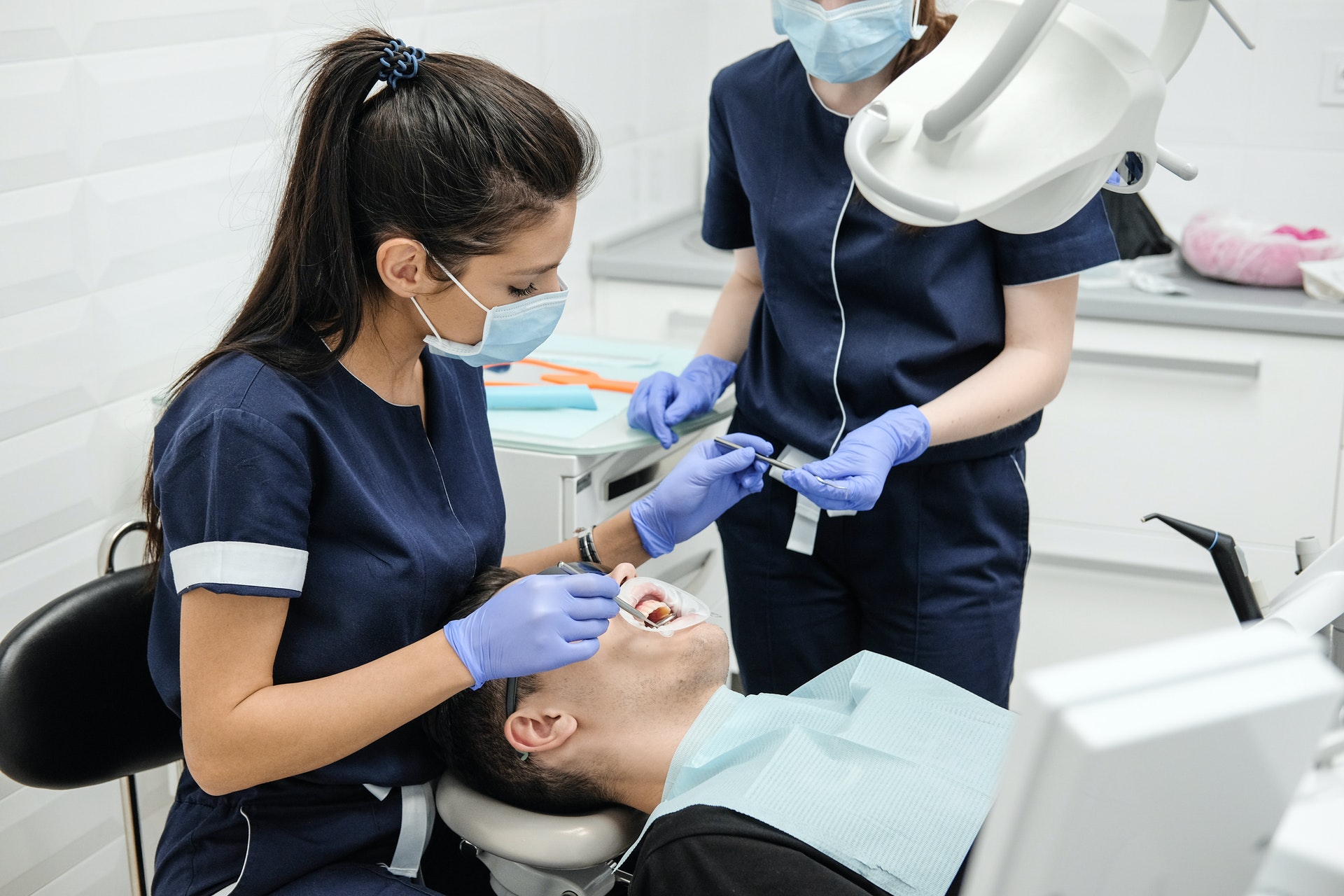If you have a severe orthodontic complication, conservative treatment options may not be suitable for you. That is why Brendan Smith, DDS, MS, a highly skilled orthodontist, provides surgical orthodontics in Cedar Park to manage complex complications. Surgical orthodontics is a treatment focusing on treating severe complications such as malocclusion and jaw bone abnormalities. Therefore, you qualify for the treatment depending on the severity of your complication. The following are seven common reasons for surgical orthodontics.
1. Corrective Jaw Surgery
If you are experiencing difficulty in biting and chewing food or having excessive wear of teeth, you might require corrective jaw surgery. Other conditions such as protruding jaw and a receding chin can also call for these treatment options. Your provider can reposition your chin, upper jaw, or lower jaw to correct minor and major dental and skeletal irregularities.
2. Wisdom Teeth Complications
Your last set of teeth to develop may not always be successful. Sometimes your wisdom teeth can emerge from your gum line, but there might be less space on the jaw to allow room for them. Besides, they can also fail to emerge through the gum line and instead become impacted. When that happens, you can experience severe symptoms, including gum infection and pain. You may require to remove the teeth to prevent further complications and hence orthognathic surgery. You can learn more at the Orthodontist Office In Raleigh.
3. Cleft Lip and Cleft Palate
These are conditions that occur due to improper nasal cavity and all portion growth, particularly during fetal development. This can result in a gap on your lips or a split in the roof of your mouth. This condition is better managed by surgery, to prevent complications related to feeding, hearing, and speaking. Besides, you may require a series of treatments to manage your condition thoroughly.
4. Facial Trauma
This includes any injuries on your face, jaw, or mouth. Although sometimes you can experience minor injuries, serious injuries can occur due to fractures involving your upper jaw, lower jaw, eye sockets, palate, or cheekbones. Such injuries can cause severe complications affecting your sight, ability to speak, breathe, or swallow. However, they can be corrected through orthognathic surgery.
5. Temporomandibular Joint Surgery
The small joint that connects your skull and your lower jaw can be affected or injured, affecting its function to allow your jaw movement. You may experience jaw pain, headaches, earaches, and you may have difficulties when trying to open and close your mouth. Although the treatment for your complications may begin with conservative dental and medical alternatives, you may require complex surgery where the alternatives fail to offer you relief.
6. Oral Cancer
If you experience chronic hoarseness or sore throat or experience abnormal lump or red patches on your mouth, it is recommended to seek an oral cancer exam. Your provider may need to remove a section of tissue for biopsy and to analyze your complication accurately.
7. Dental Implants
If you have lost teeth, dental implants offer a long-term replacement option. The implants are surgically placed on your jawbone to act as your natural teeth. They never decay nor slip as they fuse with your bone, and bone loss is not a problem.
You can explore more about surgical orthodontics by contacting Dr. Smith at Freedom Orthodontics. You can inquire to learn how you can benefit from the treatment option based on your severe complication.
Photo by Evelina Zhu from Pexels.



